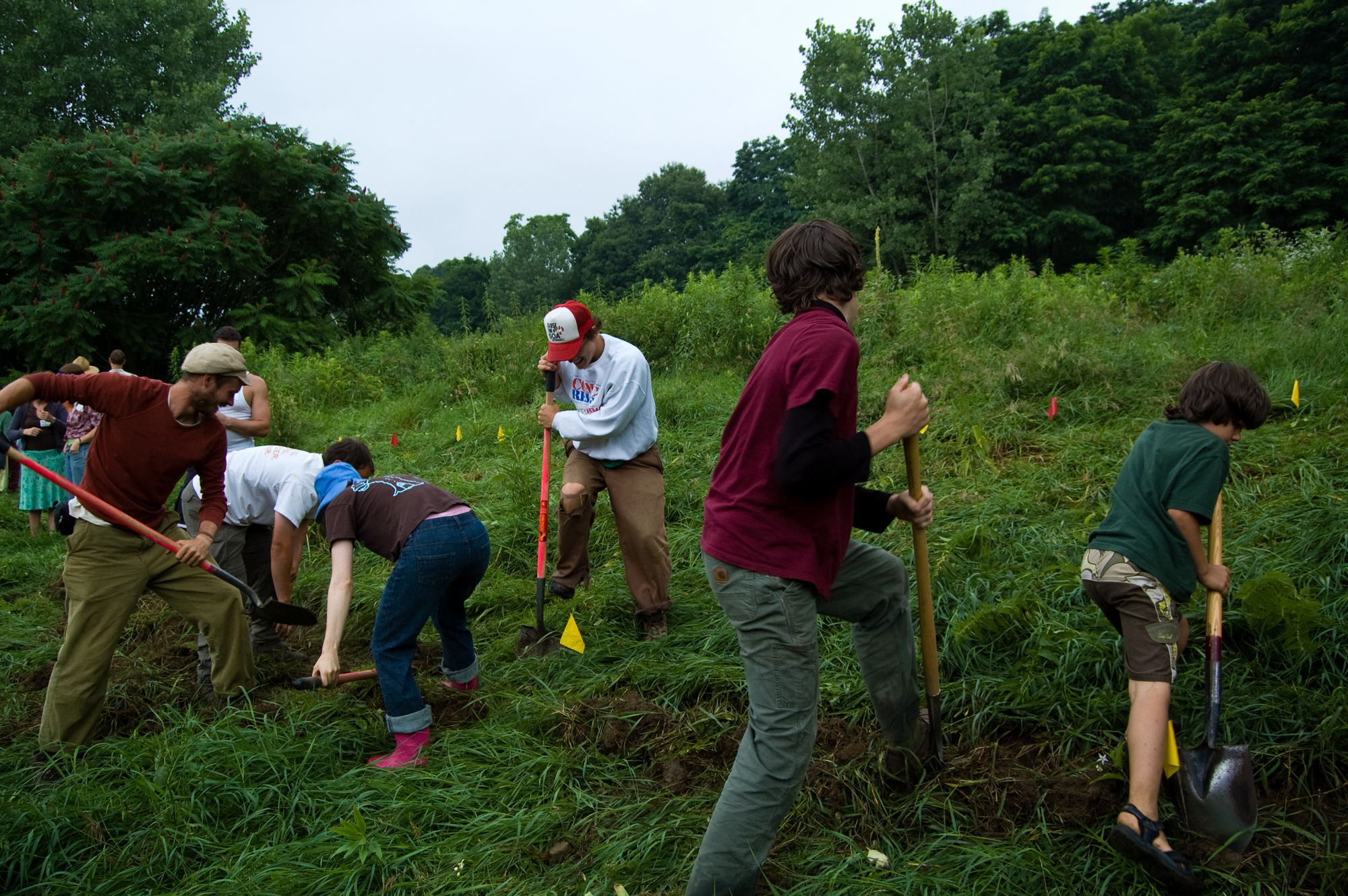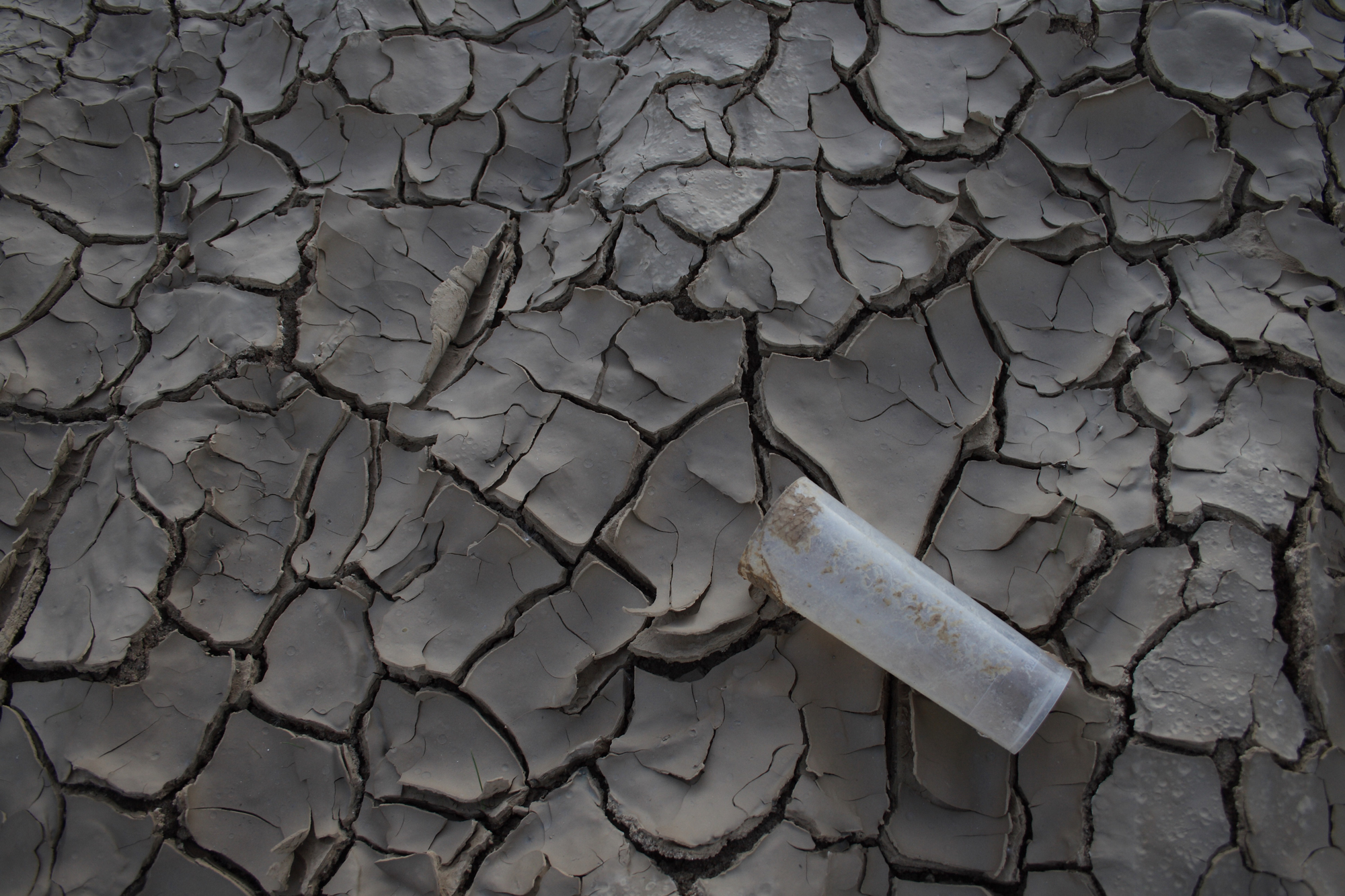
We are in a time of great evolutionary challenges and changes and without adopting an environmentally sustainable way to proceed we have little chance of survival.
“Today we are faced with a challenge that calls for a shift in our thinking, so that humanity stops threatening its life-support system.”
Download: Wangari Maathai’s Nobel Prize acceptance speech 2004.pdf
Sustainable development implies a way of living and developing that is in accord with nature. Humanity, along with all other species, has the natural instinct to aid the continuation of our species. However many of our present unsustainable practices contradict this because they threaten the life support systems and livelihoods of both present and future generations. Now there is an urgent need for humanity to cease unsustainable practices and continues only with development that is long-term environmentally sustainable. Safeguarding and protecting the global water cycle so that an adequate quantity of fresh water is produced to support life on Earth is crucial towards achieving these aims.
Protecting and restoring the ecosystems, which the water cycle depends upon, is central to all long-term sustainable development.
“Ensuring that ecosystems are protected and conserved is central to achieving water security – both for people and for nature. Ecosystems are vital to sustaining the quantity and quality of water available within a watershed, on which both nature and people rely. Maintaining the integrity of ecosystems is essential for supporting the diverse needs of humans, and for the sustainability of ecosystems, including protecting the water- provisioning services they provide.”
Although water shortages and security have been discussed in government and UN circles and conferences since the 1970’s the fundamental work that needs to be done to safeguard the global water cycle itself, has been largely side-lined in favour of water privatisation schemes.

“Until fairly recently, it was generally believed that the State is entrusted to protect and secure peoples’ rights to a well-balanced environment. In that line, some progressive governments are exploring ways of promoting the recognition of the rights of Nature itself, including people, to live in harmony and free from exploitation, degradation and pollution. However, other governments are promoting policies, laws and mechanisms that transfer the management of the environment and as a result, of water to markets, corporations and the financial system.”
Download: Economic Drivers of Water Financialization, FOE International, 2013.pdf
In the meantime water quantity has decreased and millions of people suffer and die from the problems, which occur in extreme water scarcity conditions. Also many species suffer and become extinct. Water privatisation schemes cannot secure or increase the quantity of freshwater globally and so condemn the majority of life on Earth to extinction. These schemes are unsustainable and are not acceptable as they undermine the possibility of all true sustainable development.
The importance of ecosystems within the water agenda cannot be over emphasised. In the Rio+20 sustainable development conference in 2012 world governments signed a document recognising this:
“We recognize the key role that ecosystems play in maintaining water quantity and quality and support actions within the respective national boundaries to protect and sustainably manage these ecosystems.” ()
Download: UN. 2012, Rio+20, The Future We Want RES/A/66/288 para.122.pdf
However almost two years later essential water resourcing environments such as rain forests are still being rapidly degraded rather than protected. Also governments in favour of the privatisation of all freshwater supplies are forwarding the human right to water as universal access to water for all by 2030.
All too often information about present environmental conditions are not fitted together cohesively when formulating goals.
This can be seen in the lack of connection between the discussed goal for universal access to water for all by 2030 and statistics like these ones given by the FAO:
“Water scarcity affects almost every continent and more than 40% of the people on our planet. With current trends 1.8 billion people will be living in countries or regions with absolute water scarcity by 2025 and two thirds of the world’s population could be living under water stressed conditions.”
